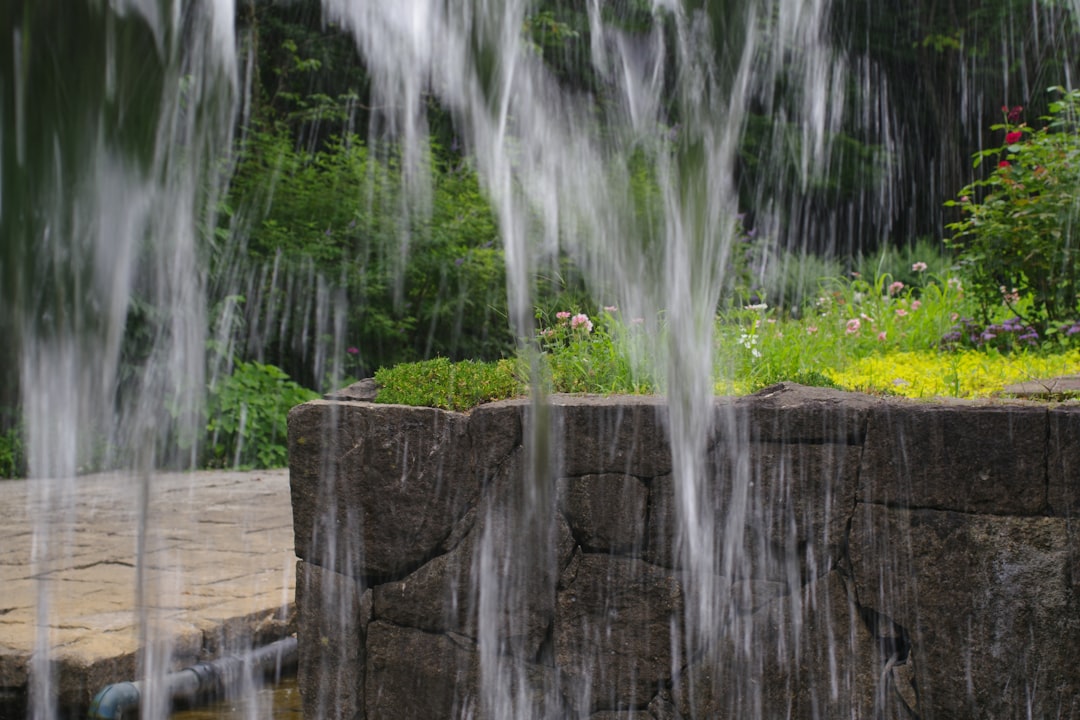The Hidden Truths of Rubber Mulch in Your Yard

In the realm of yard care and landscaping, rubber mulch has emerged as a controversial yet popular option. Many gardeners and landscapers are drawn to its promises of durability, low - maintenance, and aesthetic appeal. But does it truly live up to the hype? Let's delve into the pros and cons of using rubber mulch in your yard.
Pros of Rubber Mulch
Long - lasting and Durable
One of the most significant advantages of rubber mulch is its longevity. Unlike traditional organic mulches such as wood chips or shredded bark, rubber mulch does not decompose. Organic mulches need to be replenished every year or two as they break down, adding to the long - term cost and effort. In contrast, rubber mulch can last for up to 10 years or more, providing consistent ground cover and protection for your plants. This durability makes it an attractive option for areas with high foot traffic or where you want a long - term landscaping solution.
Weed Suppression
Rubber mulch acts as an effective weed barrier. By covering the soil surface, it blocks sunlight from reaching weed seeds, preventing them from germinating. This reduces the need for frequent weeding, saving you time and energy in your yard maintenance routine. Additionally, since rubber mulch does not break down into a nutrient - rich layer like organic mulches, there are fewer nutrients available for weeds to thrive on.
Moisture Retention
Just like other mulches, rubber mulch helps to retain soil moisture. It reduces evaporation by creating a barrier between the soil and the air, keeping the soil beneath it cooler and moister. This is especially beneficial during hot, dry periods, as it can reduce the frequency of watering required for your plants. Adequate soil moisture is crucial for plant health, and rubber mulch can play an important role in maintaining it.
Fire Resistance
Rubber mulch is highly fire - resistant compared to organic mulches. Organic mulches can easily catch fire, especially during dry seasons, posing a significant risk to your yard and potentially your home. Rubber mulch, on the other hand, is less likely to ignite, providing an extra layer of safety in your landscaping. This makes it a great choice for areas prone to wildfires or for use near fire pits and outdoor grills.
Aesthetic Appeal
Rubber mulch comes in a variety of colors, allowing you to choose an option that complements your garden's design. Whether you prefer a natural - looking brown or a more vibrant color like red or black, there is a rubber mulch color to suit your aesthetic preferences. It provides a clean and uniform look to your flower beds and landscaping, enhancing the overall visual appeal of your yard.
Cons of Rubber Mulch
Initial Cost
The upfront cost of rubber mulch is generally higher than that of organic mulches. You may need to invest more money initially to purchase and install rubber mulch in your yard. While the long - term savings due to its durability can offset this cost, it can be a deterrent for those on a tight budget. Additionally, the cost of delivery and installation may also add to the overall expense.
Environmental Concerns
Rubber mulch is made from recycled tires, which is often touted as an environmentally friendly option. However, there are some concerns about the potential release of chemicals from the rubber into the soil and water. Tires contain various chemicals, including heavy metals such as lead and zinc, as well as polycyclic aromatic hydrocarbons (PAHs). Over time, these chemicals may leach into the soil, potentially harming plants and soil organisms. There are also questions about the long - term environmental impact of using rubber mulch, as it does not break down and could contribute to landfill waste if not properly managed at the end of its lifespan.
Heat Absorption
Rubber mulch tends to absorb and retain heat more than organic mulches. In hot climates, this can lead to higher soil temperatures, which may be detrimental to some plants. Excessive heat can stress plants, causing them to wilt, grow more slowly, or even die. It can also create an uncomfortable environment for beneficial soil organisms, disrupting the natural ecosystem in your yard.
Limited Nutrient Contribution
Unlike organic mulches, which break down and add nutrients to the soil as they decompose, rubber mulch does not provide any nutrients to the soil. Over time, the lack of nutrient input can lead to soil depletion, requiring you to use additional fertilizers to maintain the health of your plants. This can add to the long - term cost and complexity of yard care.
Appearance Over Time
While rubber mulch initially provides a clean and uniform look, over time, it may become dirty and faded. Dirt, debris, and mold can accumulate on the surface of the rubber mulch, making it look less attractive. Cleaning rubber mulch can be a challenging task, and in some cases, you may need to replace it to restore its original appearance.
In conclusion, rubber mulch has both its advantages and disadvantages. It offers long - lasting durability, effective weed suppression, and other benefits, but it also comes with concerns such as high initial cost, environmental issues, and heat absorption. When deciding whether to use rubber mulch in your yard, it's important to weigh these pros and cons carefully based on your specific needs, budget, and environmental values. By making an informed decision, you can choose the mulch option that will best suit your yard and help you achieve a beautiful and healthy landscape.